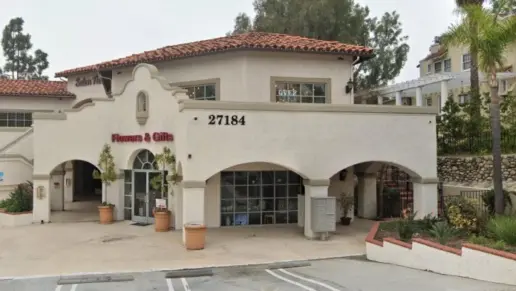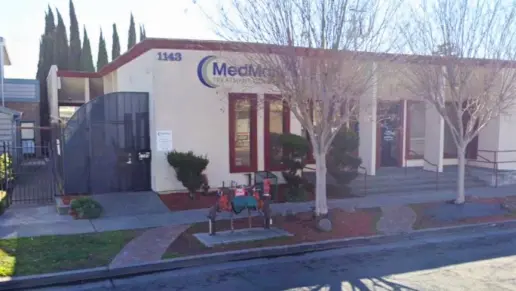About Riverside Recovery Resources – First Step House
Riverside Recovery Resources’s First Step House was an addiction treatment facility founded in 1985. It was an accredited nonprofit organization that offered various substance abuse treatment services in an outpatient setting. They could've been your ideal center if you required rehabilitation assistance in Hemet, California. Unfortunately, they’re now closed.
If you were convicted of driving under the influence, their approved DUI program could have helped you to restore your driving privileges. This program has helped many DUI offenders through counseling and educational lessons from three to nine months.
Once you had graduated, they would’ve submitted a certificate of completion and a copy of the DL 101 on your behalf to the courts and Department of Motor Vehicles. When this certification was submitted, your driving privileges would have been reinstated.
The facility also offered outpatient and intensive outpatient programs. They had flexible treatment schedules and allowed you to attend to your daily tasks while still receiving treatment. Both programs focused on 12 Steps. They also had anger management classes to prevent relapses and job skills training.
The big difference was how long you needed to commit to the outpatient programs. The general outpatient program required up to nine weekly treatment hours, while the intensive outpatient program required up to 30 hours weekly. Based on your needs, you could’ve found help with this center’s outpatient and DUI services.
While the Hemet center is closed, Riverside Recovery has two other SoCal centers that are still open. Check ‘em out and see if they fit your needs.
Other Forms of Payment
Self-pay involves paying for treatment out of your own pocket. You can use savings or credit, get a personal loan, or receive help from family and friends to fund your treatment. If you don't have insurance or your insurance plan doesn't cover a specific program, self-pay can help ensure you still get the care you need.
Sliding scale payments are based on a client's income and family size. The goal is to make treatment affordable to everyone. By taking these factors into account, addiction recovery care providers help ensure that your treatment does not become a financial burden to you or your family, eliminating one barrier to care.
Addiction Treatments
Levels of Care
Treatments
The goal of treatment for alcoholism is abstinence. Those with poor social support, poor motivation, or psychiatric disorders tend to relapse within a few years of treatment. For these people, success is measured by longer periods of abstinence, reduced use of alcohol, better health, and improved social functioning. Recovery and Maintenance are usually based on 12 step programs and AA meetings.
Drug rehab in California teaches participants constructive ways to stay clean and sober. Treatment revolves around helping individuals stop using the substance they are addicted to and learn healthy habits to avoid relapse.
Many of those suffering from addiction also suffer from mental or emotional illnesses like schizophrenia, bipolar disorder, depression, or anxiety disorders. Rehab and other substance abuse facilities treating those with a dual diagnosis or co-occurring disorder administer psychiatric treatment to address the person's mental health issue in addition to drug and alcohol rehabilitation.
Opioid rehabs specialize in supporting those recovering from opioid addiction. They treat those suffering from addiction to illegal opioids like heroin, as well as prescription drugs like oxycodone. These centers typically combine both physical as well as mental and emotional support to help stop addiction. Physical support often includes medical detox and subsequent medical support (including medication), and mental support includes in-depth therapy to address the underlying causes of addiction.
Substance rehabs focus on helping individuals recover from substance abuse, including alcohol and drug addiction (both illegal and prescription drugs). They often include the opportunity to engage in both individual as well as group therapy.
Programs



Clinical Services
Research clearly demonstrates that recovery is far more successful and sustainable when loved ones like family members participate in rehab and substance abuse treatment. Genetic factors may be at play when it comes to drug and alcohol addiction, as well as mental health issues. Family dynamics often play a critical role in addiction triggers, and if properly educated, family members can be a strong source of support when it comes to rehabilitation.
Trauma therapy addresses traumatic incidents from a client's past that are likely affecting their present-day experience. Trauma is often one of the primary triggers and potential causes of addiction, and can stem from child sexual abuse, domestic violence, having a parent with a mental illness, losing one or both parents at a young age, teenage or adult sexual assault, or any number of other factors. The purpose of trauma therapy is to allow a patient to process trauma and move through and past it, with the help of trained and compassionate mental health professionals.
Contact Information
40329 stetson Avenue
Hemet, CA 92544


